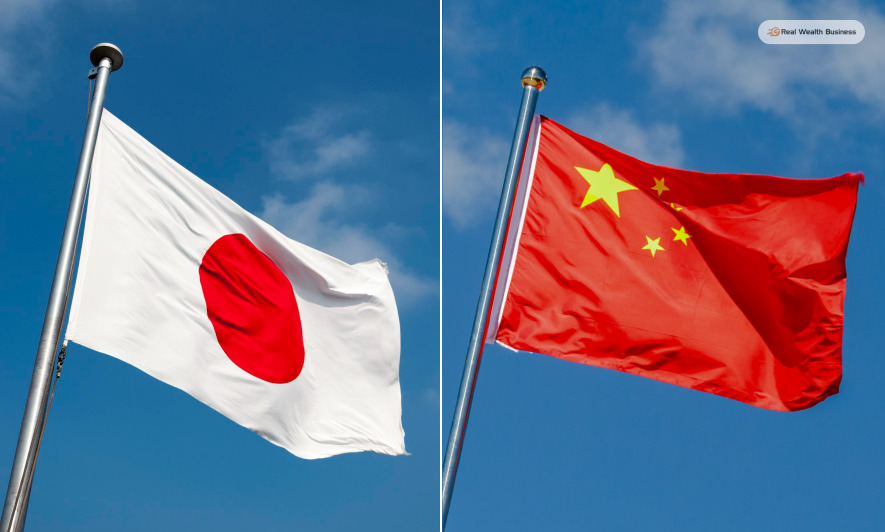Multilateral Action Needed To Fight Against Economic Coercion By China: Report
by upasana sarbajna Business Published on: 16 October 2023 Last Updated on: 17 July 2024

“China has continued to ban all imports of seafood from Japan while maintaining its de facto economic sanctions against the country as it is intending to use wastewater as a negotiating chip to get the upper hand on Japan. China imposed this ban after the release of the treated wastewater from the Fukushima Daiichi nuclear plant,” as reported by Nikkei Asia.
Beijing had a clear intention, which stated that it wishes to use the wastewater as a negotiating chip to have the upper hand over Japan. Moreover, Chinese leaders are also making sure that Tokyo would not further take sides with the United States over Taiwan and the limitations of the transfer of advanced technology to China.
In the previous month, the Chinese delegation, during the general conference of the International Atomic Energy Agency, claimed the discharged water as “nuclear contaminated wastewater.”
“However, no other major countries condemned Japan in such bold language during the meeting,” Nikkei Asia stated.
While China was the only country that imposed such an attack on Japan, the ban has posed a serious threat to the neighboring nation, as mainland China accounts for about 20 percent of the imports of Japanese seafood prior to the sanctions. Moreover, the count for Scallops was around 50 percent.
China is using the pressure connected to trade and investment to dominate the other nations to make them abide by their demands, which is known as economic coercion.
According to Nikkei Asia, “Dealing with China’s economic coercion was among the core topics at a conference hosted by Britain’s Ditchley Foundation in New York held from September 8 to 20. The participants, including current and former senior officials mainly from the US and Europe, discussed the issue where many of them called for concerted action to counter Beijing rather than responding separately.
“Like-minded countries can work together to support the countries affected by economic coercion. It may be time to consider an economic version of a mutual defense regime,” as was said by Julie Bishop, the Former foreign minister of Australia.
Read Also:







































































































